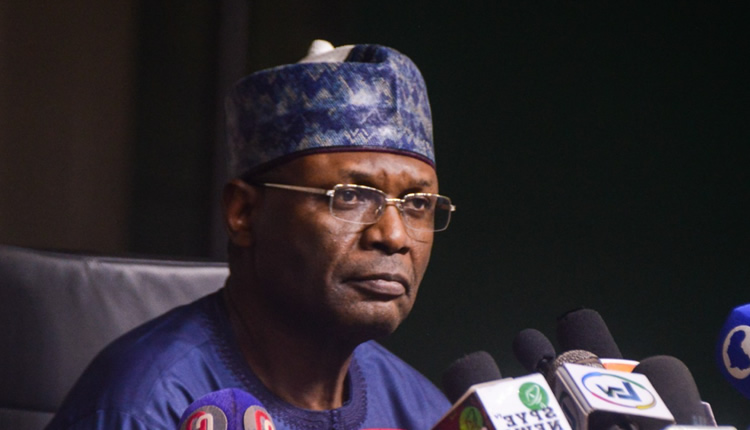Of these, 86 require administrative action by the commission, 48 depend on collaboration with stakeholders such as security agencies and civil society organizations, and eight involve legislative amendments by the National Assembly.
Yakubu noted, “Out of the 142 recommendations, 86 require administrative action by the commission. It is therefore pertinent that we engage first with our resident Electoral Commissioners because of your frontline role in the implementation of the recommendations.
“This is followed by 48 recommendations that require action by a variety of stakeholders, including security agencies, mobile network operators, statutory bodies, political parties, transport unions, civil society organizations, and the media.
“On the legal review, there are eight recommendations that require legislative action by the National Assembly. Very soon, the commission will make a presentation to the Joint Committee of the Senate and House of Representatives on Electoral Matters as they continue to deliberate on electoral reform.”
Central to the proposed reforms is a push for legal clarity on result transmission, specifically the roles of manual and electronic methods.
Yakubu noted that the introduction of the Bimodal Voter Accreditation System has highlighted the need for a more streamlined process.
He suggested the possibility of replacing Permanent Voter Cards with computer-generated slips or downloadable credentials for voter accreditation, a move aimed at reducing costs and eliminating voter card-buying schemes.
Yakubu also revealed plans to introduce early and diaspora voting to accommodate citizens unable to vote at their registered polling units, including INEC staff, security personnel, and Nigerians living abroad.
Additionally, INEC is advocating the unbundling of its responsibilities, with proposals for the establishment of an electoral offences tribunal and a separate agency to oversee political party registration and regulation.
Other key areas of reform include cleaning the voters’ register in collaboration with the National Identity Management Commission and enhancing partnerships with transport unions to ensure the timely deployment of election materials.
The commission also plans to intensify voter education campaigns to combat misinformation and promote greater participation by marginalised groups.
“As a matter of urgency, the commission also intends to develop protocols for the cleaning up of the voters’ register in collaboration with other agencies such as the National Identity Management Commission and the National Population Commission. Other areas of reform include advocacy for affirmative action for greater participation of under-represented groups, a more robust voter education and public communication to combat fake news and misinformation,” Yakubu stated.
The recommendations, documented in a comprehensive report, will soon be made available to the public in hard and soft copies.
Yakubu urged the RECs to engage deeply with the report and contribute to the development of a more efficient and inclusive electoral system.





